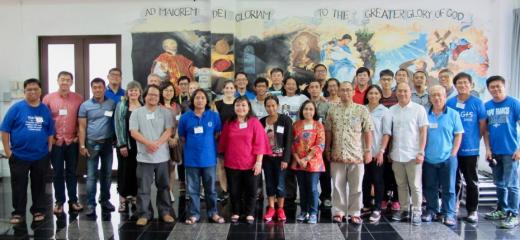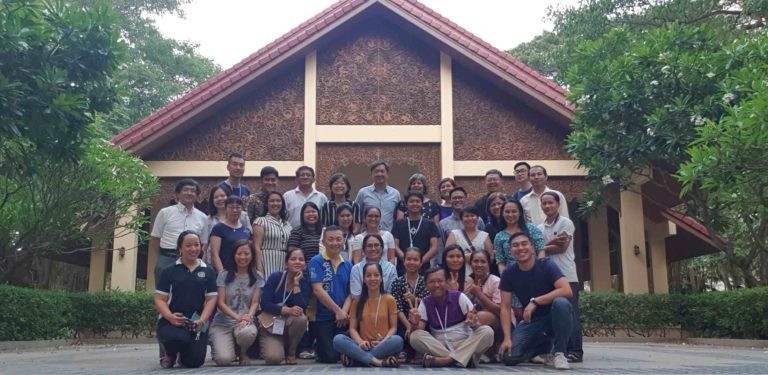
From April 26 to May 1, a diverse group of educators from Jesuit schools in Cambodia, Hong Kong, Japan, Macau and the Philippines met at the Seven Fountains Retreat Center in Chiang Mai, Thailand for a workshop on “Apostolic Planning and Decision Making through Communal Discernment”. The title is a mouthful; after all, discernment in common is a complex and difficult, albeit worthwhile process.
The participants had a first-hand experience of discernment in common, one of the identified Universal Apostolic Preferences of the Society of Jesus. There was emphasis on listening to others as well as listening to one’s interior movements. The spiritual conversations were conducted in mixed groups to allow the participants to learn from one another’s contexts and cultures. There were moments of personal prayer and reflection in preparation for the spiritual conversations.
“It was important for the participants to listen attentively not only to members of their own groups, but also to the plenary reports from the small groups. It is counter to what educators are accustomed to, given their workload and busy lives”, said Fr Johnny Go SJ, Education Secretary for the Jesuit Conference of Asia Pacific (JCAP).
Fr Go facilitated the workshop together with Jennie Hickey, Executive Officer of Jesuit Education Australia, Fr Roy Ragas SJ of Emmaus Center for Psycho-spiritual Formation and Jeraldine Ching from Xavier School in the Philippines.
The JCAP Ignatian leadership workshops have become known for their socials. Delegates from Ateneo de Cebu / Sacred Heart Jesuit School in the Philippines organised an evening of games to break the ice and build a sense of community. Consequently, one of the best parts of the workshop was the friendships formed. “These personal relationships are the crucial ingredient to the networking that we hope to strengthen among our schools in Asia Pacific”, said Fr Go.
The participants were most grateful for the actual experience of spiritual conversations. “We ended the workshop with the optimistic resolve to find ways of incorporating some of the elements of communal discernment in selected decision-making processes in our schools”, said Fr Go. “As Jennie put it at the end of the workshop, we hope that our schools will truly become schools of discernment.”

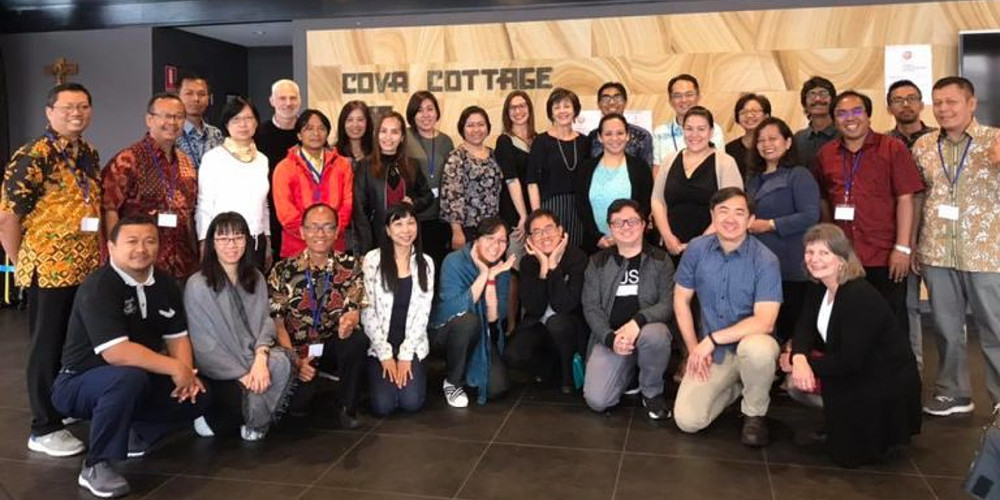
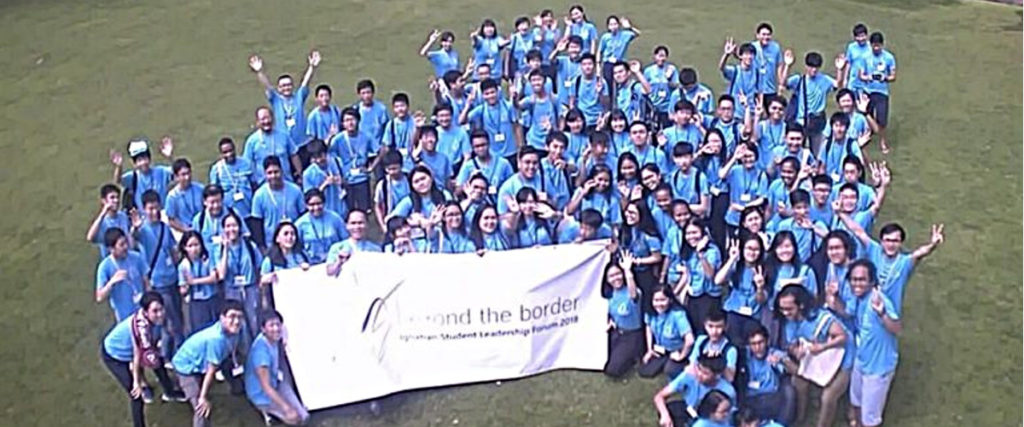
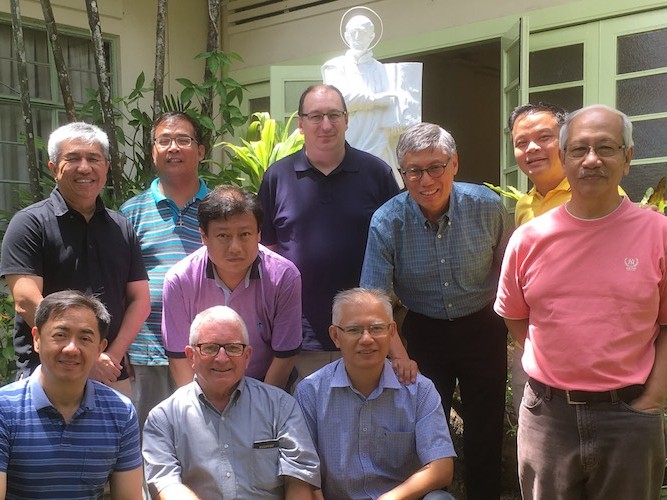
 What is the context of Jesuit schools in Asia Pacific? How are they addressing the challenges in their local context?
What is the context of Jesuit schools in Asia Pacific? How are they addressing the challenges in their local context? 